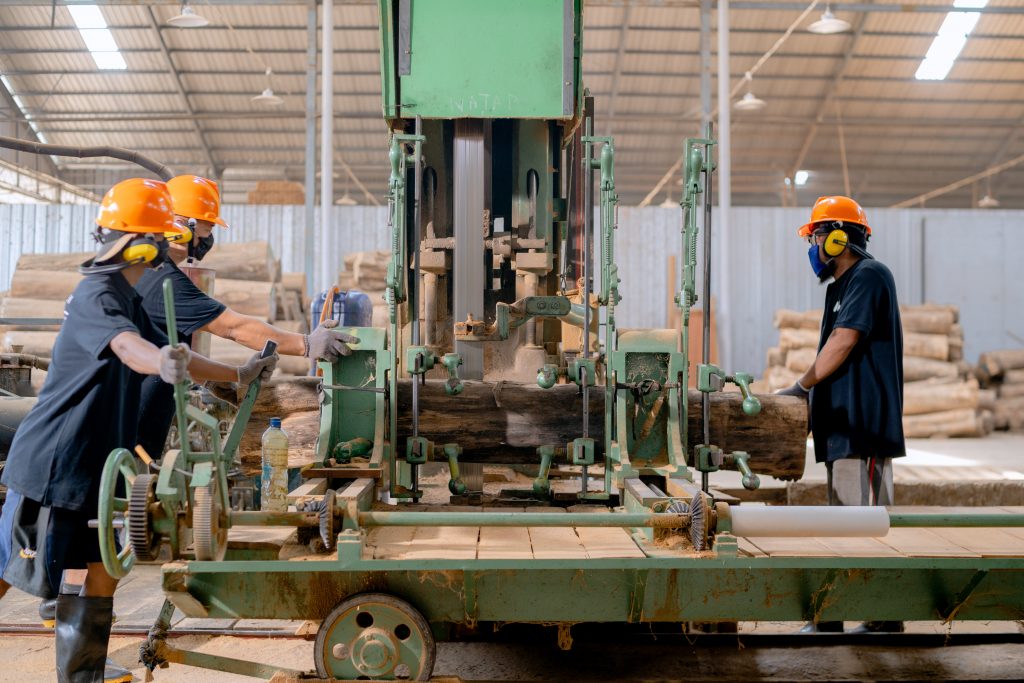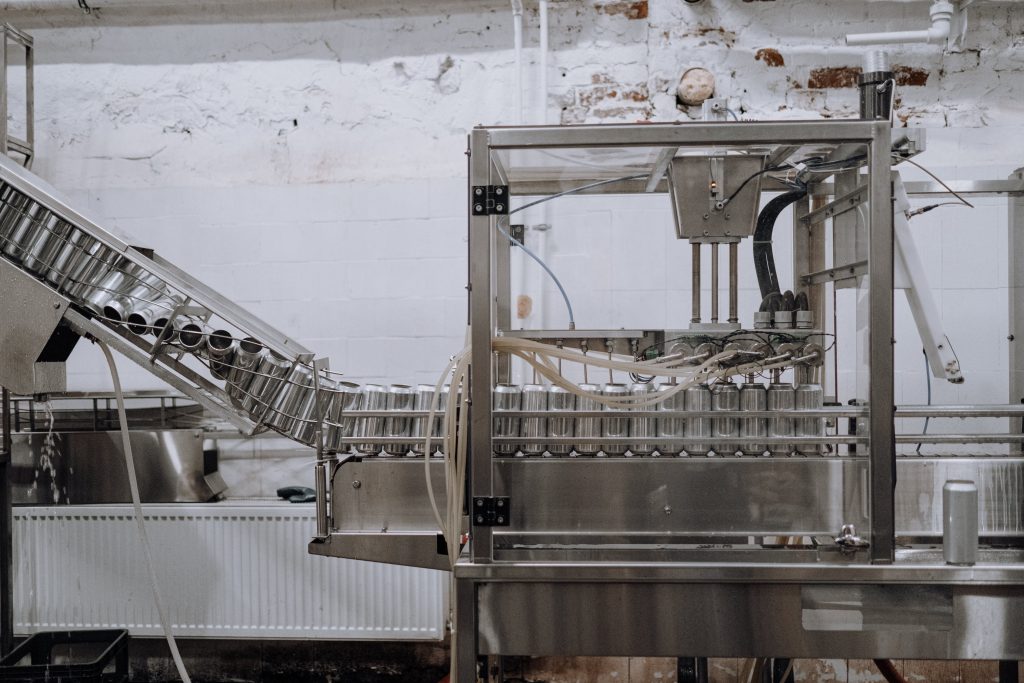- Embracing innovation, such as lean manufacturing principles and effective production scheduling, can significantly boost your startup’s productivity and efficiency.
- Outsourcing non-core tasks allows startups to concentrate on their core competencies, offering cost savings and flexibility.
- Investing in employee training equips your workforce with vital skills, promoting accuracy, adaptability, and a culture of continuous learning.
- Implementing continuous improvement practices fosters a culture of efficiency, promotes employee engagement, and enhances customer satisfaction.
As a burgeoning startup, mastering the art of efficient manufacturing is crucial for your company’s growth and sustenance. Streamlining your production processes is not just about cutting costs; it’s about maximizing productivity, enhancing quality, and ultimately delivering value to your customers.
This article will explore strategies that can help your startup navigate the complexities of manufacturing and build a robust production system. Embark on this journey to optimize your manufacturing processes.
Embrace Innovation

In the rapidly evolving world of manufacturing, embracing innovation is not just an option; it’s a necessity for survival and growth. Here are some things to consider:
Adopt Lean Manufacturing Principles
Derived from the principles of the Toyota Production System, lean manufacturing is about creating the most value for customers using the fewest resources. This approach focuses primarily on eliminating waste from the manufacturing process. Waste can be in various forms such as idle time, overproduction, and defects.
Adopting lean manufacturing principles can improve productivity, efficiency, and quality. Indeed, by meticulously analyzing every step of your production process, you can identify areas of waste and opportunities for improvement.
Lean manufacturing also promotes a culture of continuous improvement where every employee is encouraged to contribute ideas for enhancing the manufacturing process. This way, you not only optimize your production activities but also foster an environment of innovation and collaboration. So, consider lean manufacturing a strategic tool to streamline operations, reduce costs, and improve product quality.
Create an Effective Production Schedule
An effective production schedule is a vital component of successful manufacturing. It is a roadmap, detailing what, when, and how much to produce based on demand forecasts, inventory levels, and production capacity. A well-crafted schedule balances production efficiency with flexibility, allowing for adjustments in response to unexpected changes in demand or supply chain disruptions.
Moreover, it promotes transparency, enabling all stakeholders, from frontline factory workers to top management, to have a clear view of production activities and timelines. Therefore, investing time and resources in creating and maintaining a robust production schedule can significantly improve your manufacturing efficiency, reduce lead times, and enhance customer satisfaction. Remember, the goal is not just to produce, but to produce smartly, and an effective production schedule is a crucial step in this direction.
Optimize Processes with Technology

Investing in technology is instrumental in optimizing your manufacturing processes. One such example is investing in a high-quality bottle-capping machine. This machine offers precision and speed, greatly increasing the efficiency of your production line.
By automating the bottle-capping process, you eliminate manual errors and increase the consistency of your product quality. Such an investment also leads to a significant reduction in labor costs and time spent on this task, allowing your workforce to focus on other essential aspects of the manufacturing process.
This machine is particularly beneficial for startups in the beverage industry, where maintaining a high level of product quality and consistency is paramount. In conclusion, a high-quality bottle-capping machine is a worthwhile investment that can add significant value to your manufacturing operation, aiding in achieving your efficiency and quality goals.
Outsource Certain Tasks
Outsourcing certain non-core manufacturing tasks can be a strategic move for startups. By doing so, you can focus more on your core competencies and allocate your resources more effectively. For example, outsourcing assembly or packaging services could result in significant cost savings and process efficiencies.
This approach also provides flexibility to scale up or down production according to market demand without worrying about infrastructure or labor constraints. However, it’s critical to choose the right outsourcing partner, one who understands your brand’s values and quality standards. A well-chosen outsourcing relationship can lead to increased productivity, cost savings, and ultimately, improved customer satisfaction.
Invest in Training
Investing in your team’s skills and knowledge is a powerful strategy to enhance manufacturing efficiency. Well-trained employees are more likely to understand their roles and responsibilities, perform tasks accurately, and adapt to new technologies and processes. Moreover, continuous learning opportunities can boost employee motivation and retention.
Training programs on machinery operation, quality control, and lean manufacturing can empower your employees to contribute more effectively to your production goals. Furthermore, consider implementing cross-training programs to foster a versatile workforce adapting to varying production needs.
A well-trained team is not only an asset in terms of productivity but also a catalyst for innovation. So, take proactive steps to build a learning culture within your organization, and you will likely see a positive impact on your manufacturing outcomes.
Implement Continuous Improvement Practices
Continuous improvement, also known as Kaizen, is a long-term approach that systematically seeks to achieve small, incremental process changes to improve efficiency and quality. This philosophy encourages all members of an organization, regardless of their role or level, to identify and solve problems.
By fostering a culture of continuous improvement, your startup can significantly optimize its manufacturing processes, reduce waste, increase productivity, and enhance customer satisfaction. This approach promotes employee engagement and ownership, as everyone can contribute to the company’s growth.
Implementing continuous improvement practices requires commitment, a learning mindset, and open communication. However, the benefits of such a culture will outweigh the investment, as it drives your startup’s sustainability and competitiveness in the long run.
In conclusion, mastering manufacturing efficiency is a multifaceted journey. Embrace innovative practices, lean principles, optimized scheduling, and continuous improvements. Invest in technology and people, and consider strategic outsourcing. Your startup’s success depends on these steps. Now, it’s your turn. Implement these strategies and set your startup on the path to sustainable growth.

